Rainforests are essential to life on Earth, yet every 60 seconds roughly 40 football fields of rainforest is destroyed. Rainforests are the lungs of the Earth; the Amazon Rainforest alone accounts for 20% of the oxygen we breathe.
Without rainforests, life on Earth would be forever altered, from the air we breathe to our climate and the millions of extraordinary species that inhabit these forests. So many aspects of life are dependent on rainforests.
Watch our film and learn how you can be a rainforest protector.
Rainforests are critical in the fight against climate change.
By absorbing carbon dioxide, trees act as climate regulators and help to mitigate the impacts of climate change. Fewer forests mean that higher levels of greenhouse gases enter the Earth’s atmosphere at an increased intensity, fueling climate change.
Globally, deforestation is one of the main drivers of climate change. Studies have shown that if we were to preserve rainforests, we could reverse global emissions by a third, helping to save countless lives, protect vulnerable communities and prevent climatic extremes.
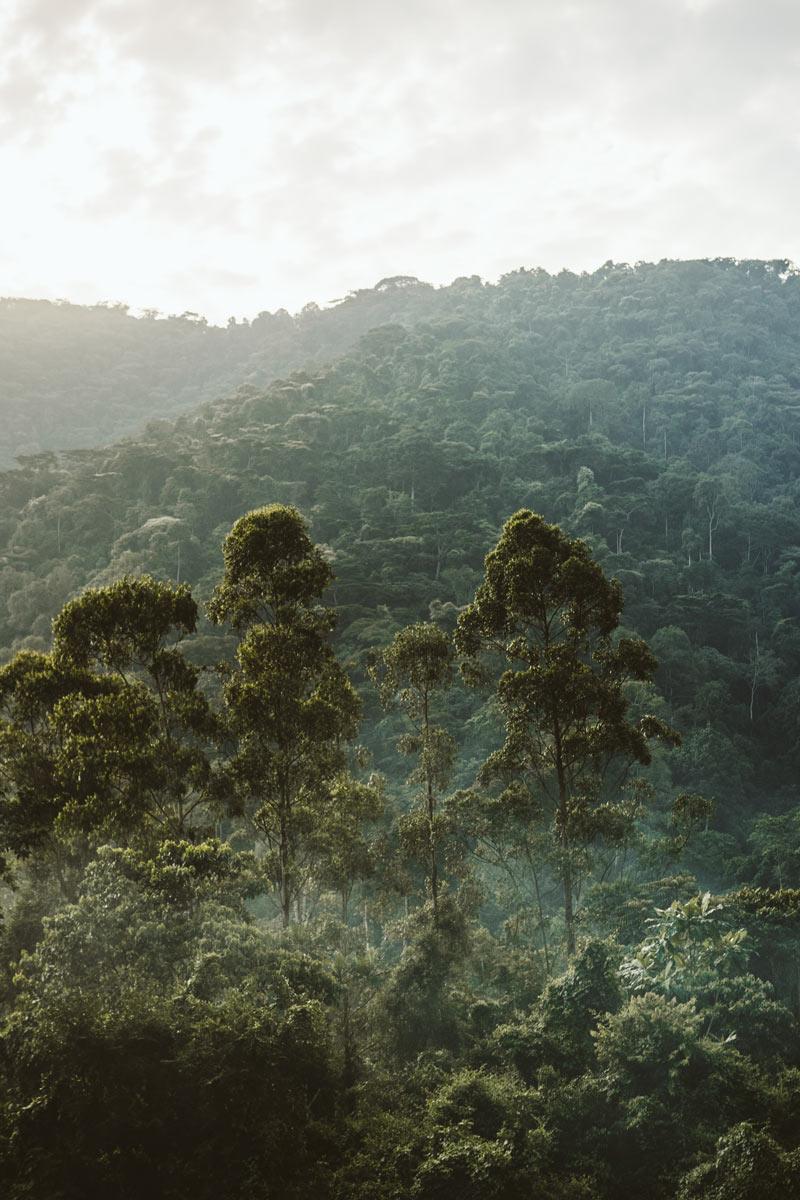
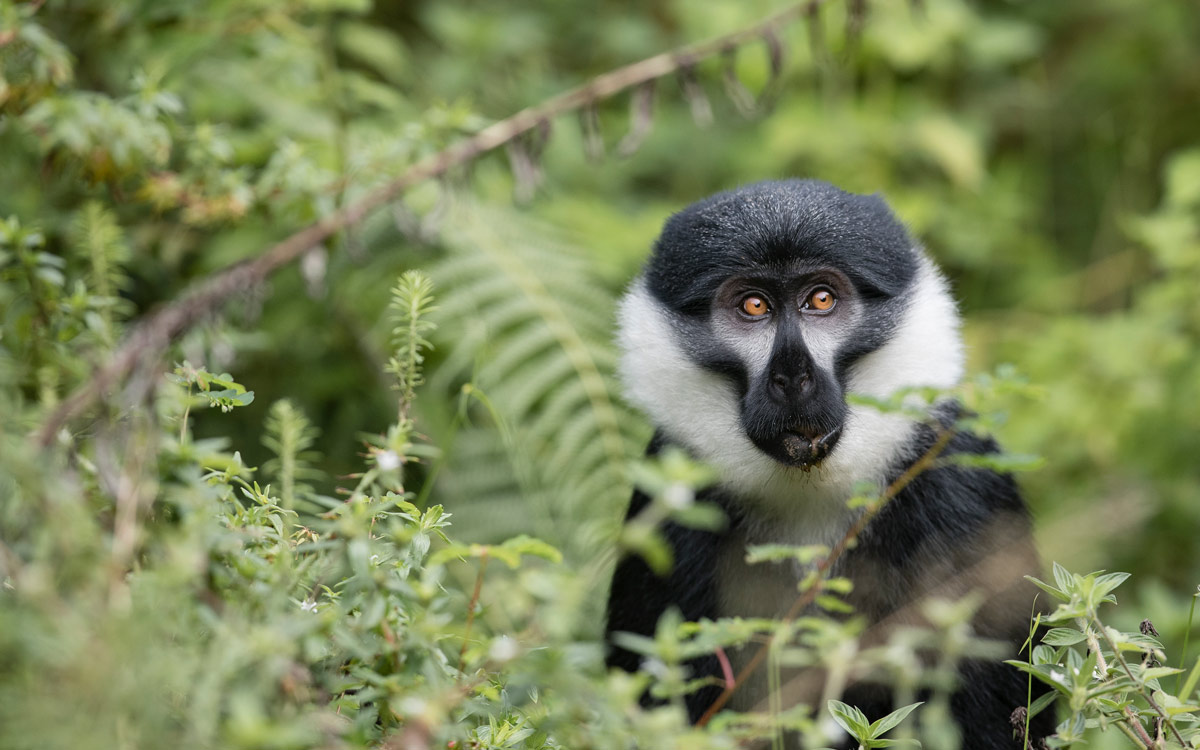
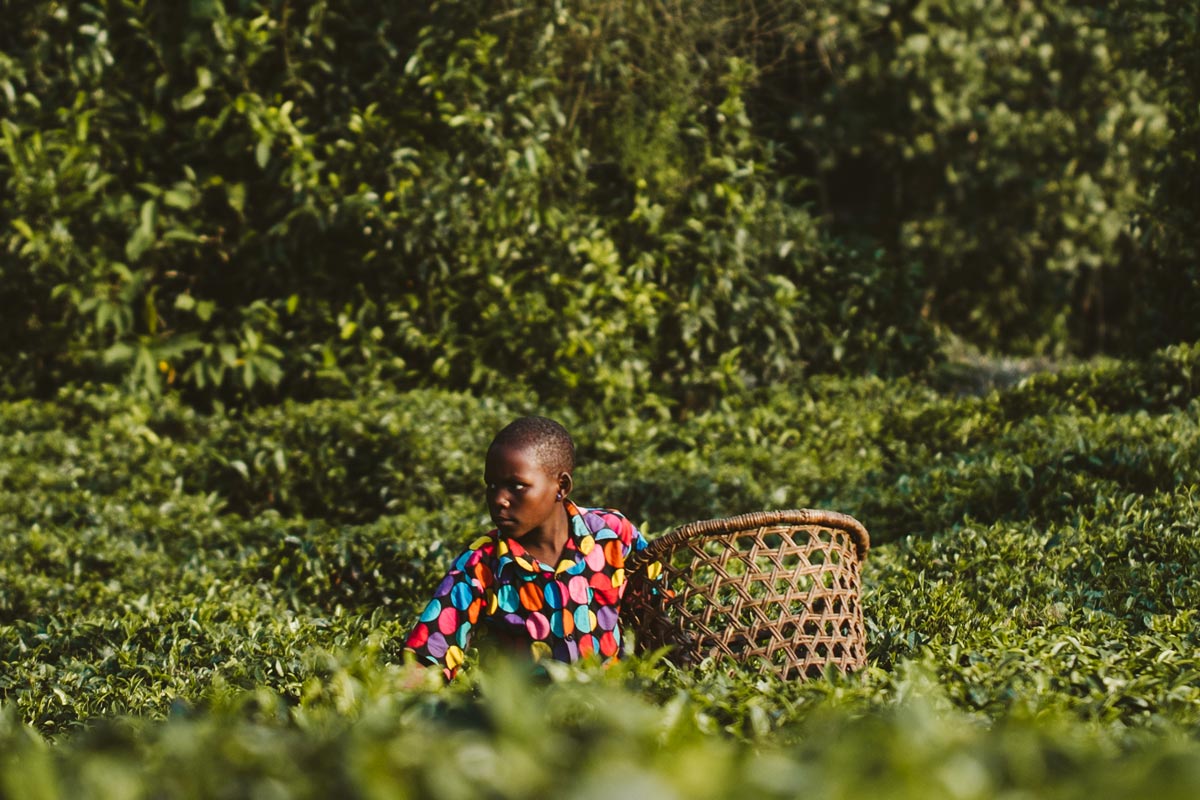
Rainforests are remarkable ecosystems that are home to more than half of the world’s plant and animal species. As rainforests continue to disappear at an alarming rate, plant species are being destroyed and animals are losing their habitats, pushing them to the verge of extinction.
It is estimated that 137 species are lost every single day. There are also millions of species living in the rainforest that have yet to be discovered. However, with the current rate of biodiversity loss, we might never have the chance to document these species.
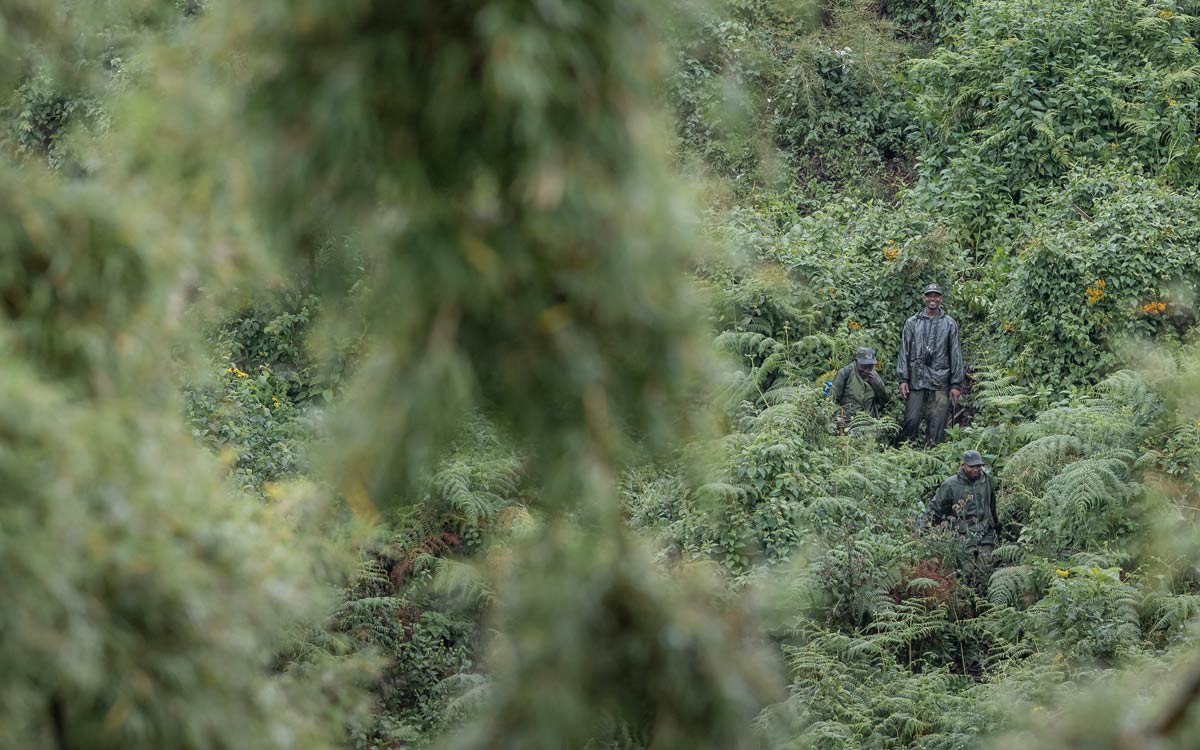
As humans, we are incredibly dependent on rainforests.
The remarkable biodiversity of our world’s rainforests benefits our day-to-day lives in ways we often don’t even realise, from supplying us with medicine and food to supporting people’s livelihoods.
For example, more than a quarter of the medicine we use today originated from the rainforest, even though a mere 1% of the world’s rainforest plants have actually been researched for their medicinal properties. Rainforests are also one of the main contributors to our global food supply.
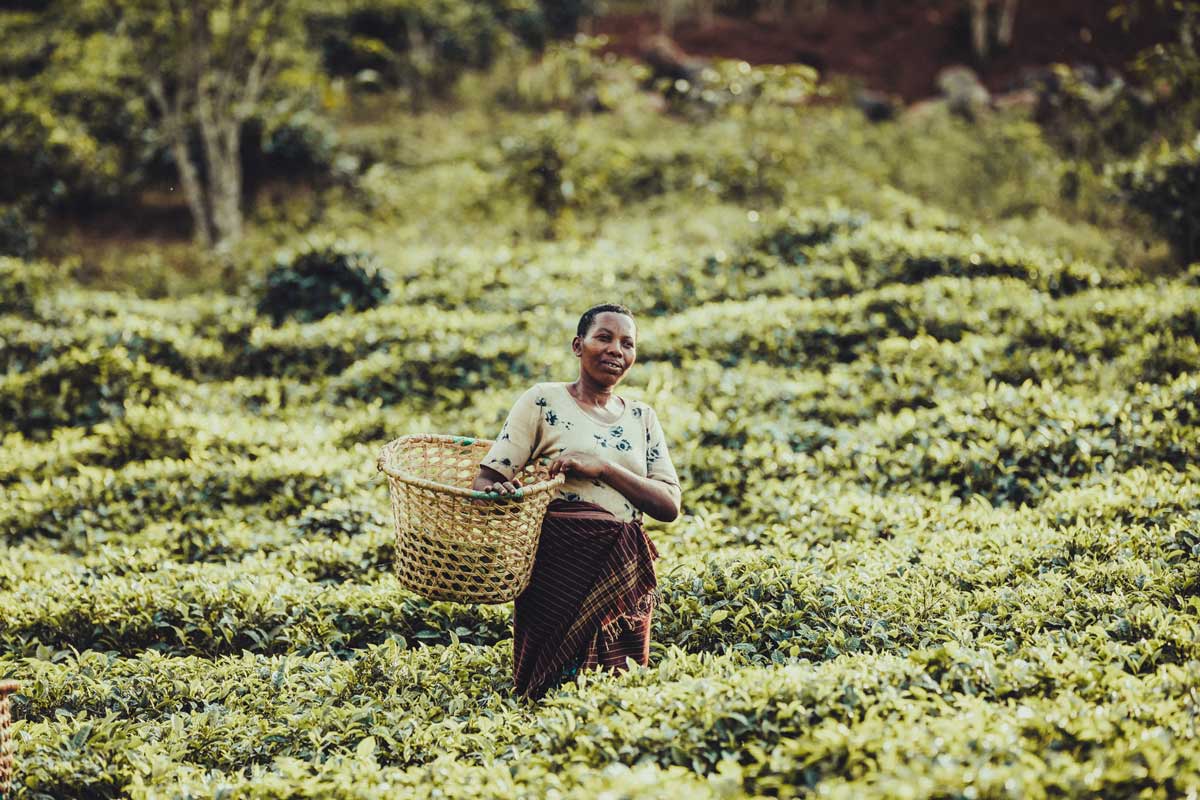
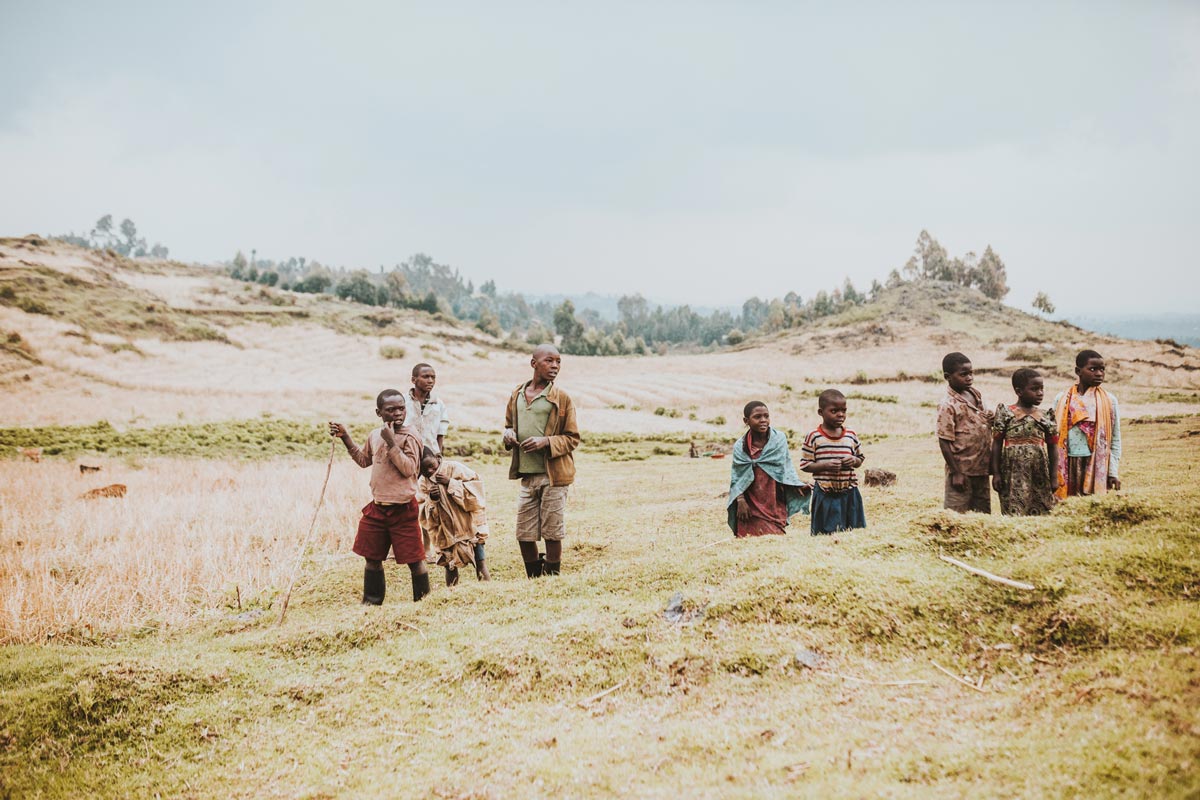
Rainforests are also an important source of income for many local communities who are subsistence farmers, plantation workers or rely on the forest for invaluable resources to support themselves and their families.
Besides the millions of plant and animal species that inhabit our world’s rainforests, there are also thousands of indigenous people who have called these forests home for generations. These indigenous communities live sustainably and protect the forest and its resources.
Rainforests are critical to all life on Earth. We need to save our rainforests to preserve life as we know it.
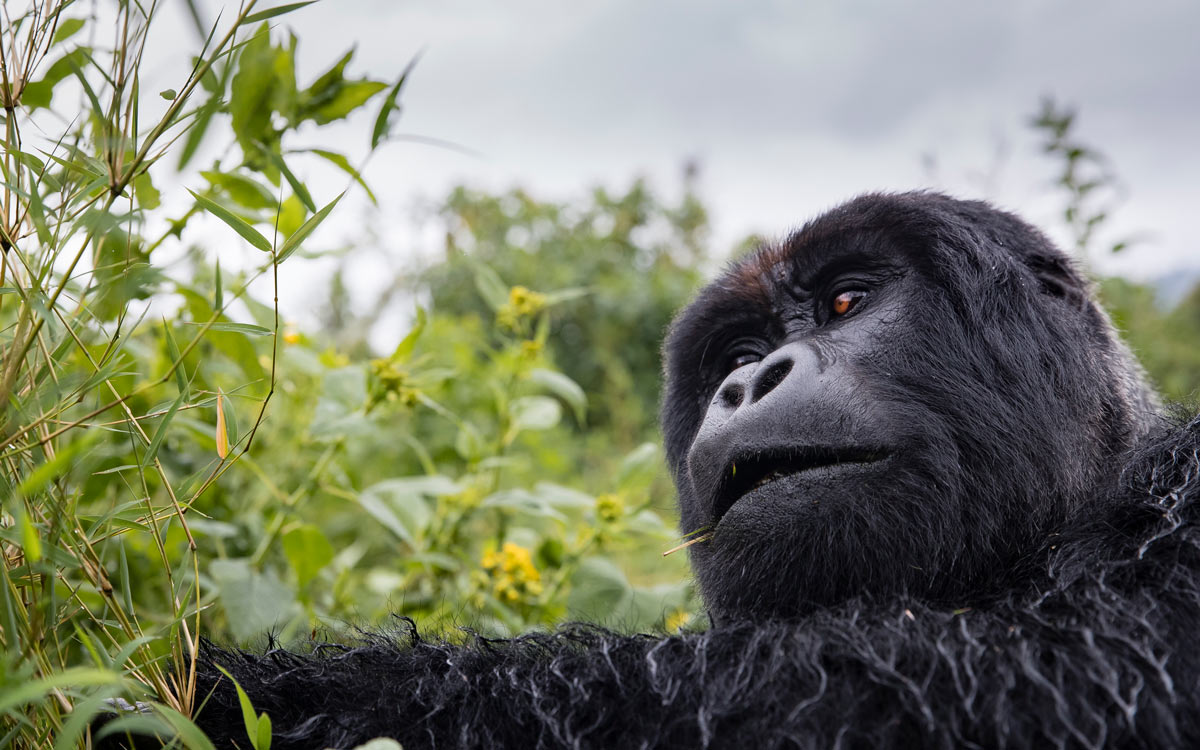
Today, in honour of World Rainforest Day, we are emploring you to take a stand and become a forest protector by:
Supporting rainforest protectors, especially indigenous people, who are fighting against deforestation to protect their natural heritage, which benefits us all.
Say no to palm-oil and choose deforestation-free products. Deforestation is primarily driven by mass consumerism. By making more sustainable choices when purchasing items, we can help to make a difference.
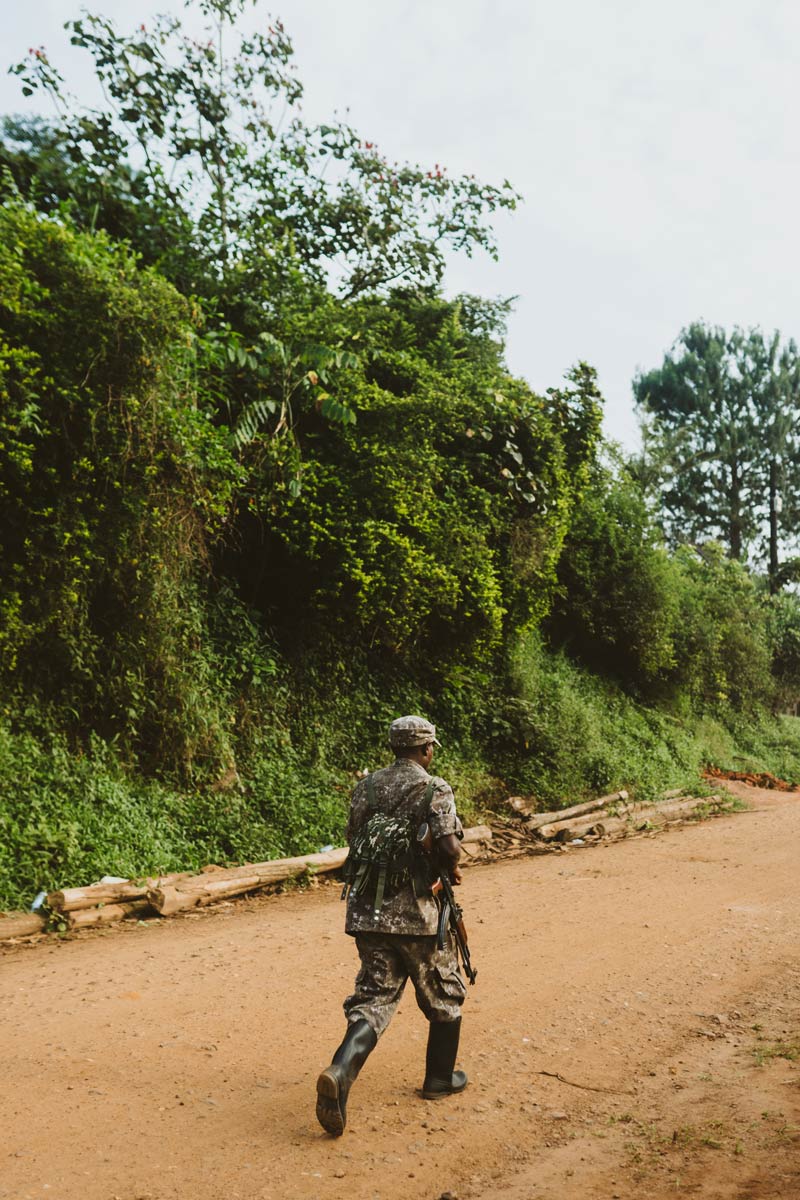
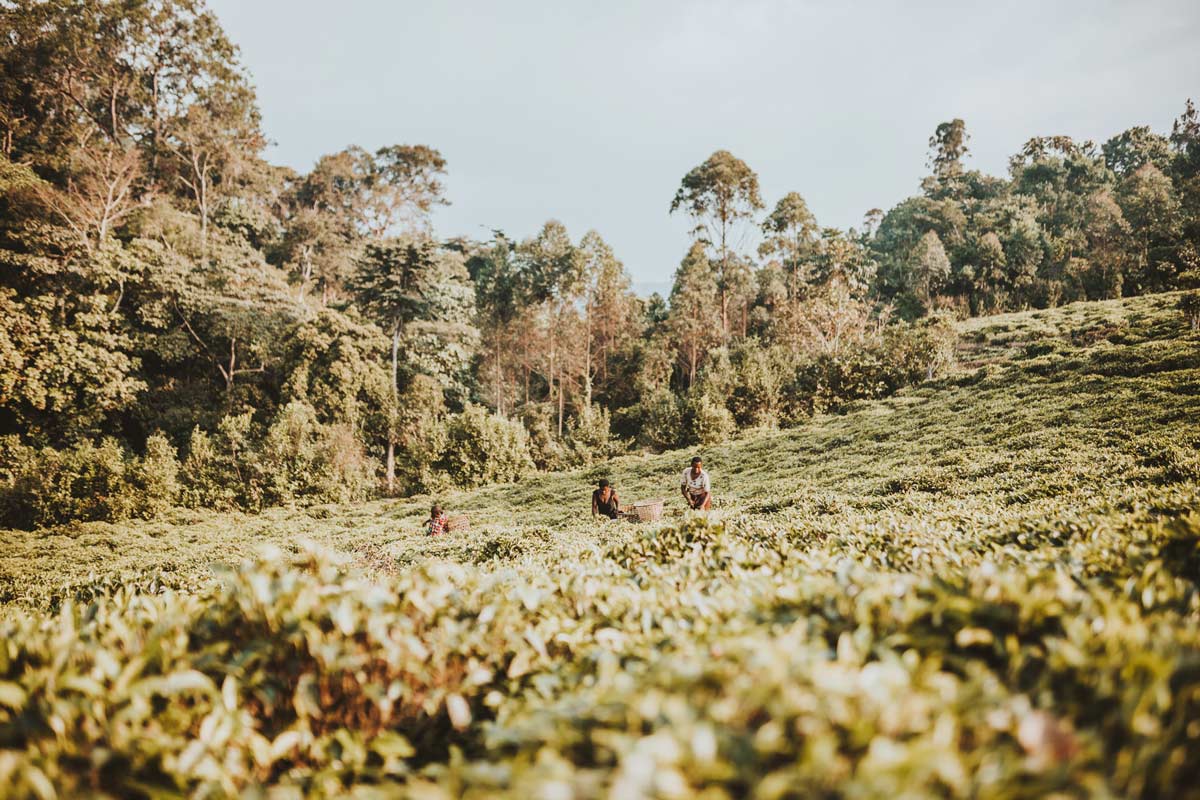
Eat more plants and reduce your meat consumption. Animal agriculture has been attributed as a driving force of climate change. Making a small change in your diet can help mitigate the effects of climate change and aid in the protection of our rainforests.
Support sustainable tourism, especially companies that are working to reforest and support local communities who live near rainforests.
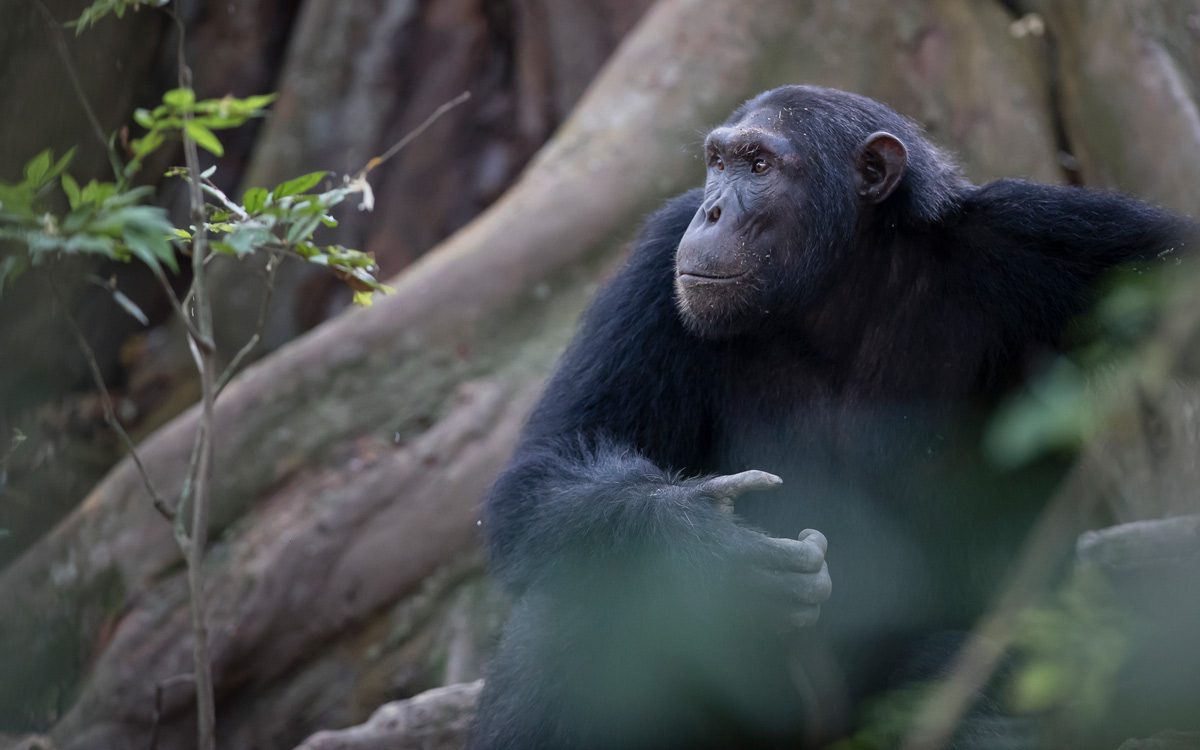
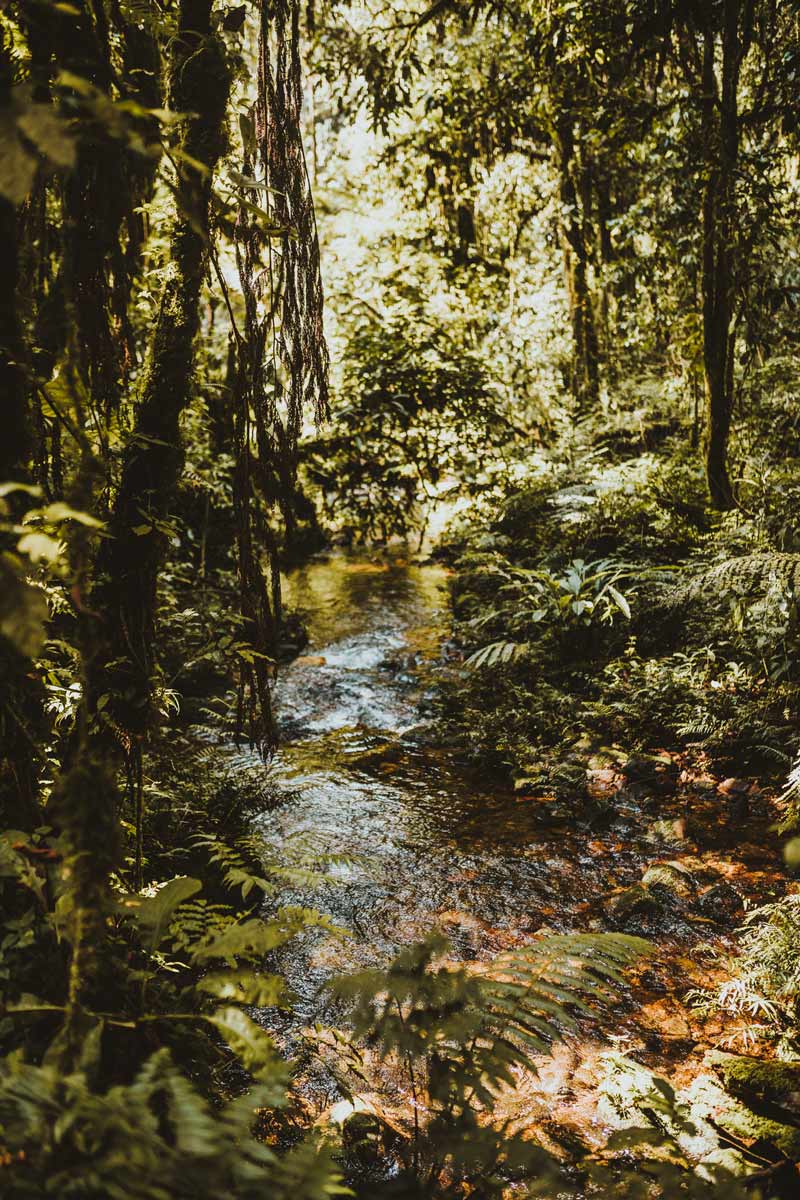
Be informed and help spread the word about the plight of our rainforests. Share, engage, and be an advocate for the forest.
Use your voice to hold our global leaders and corporations accountable.
Photos by James Suter, Alizè Jireh, Chris Joubert.

